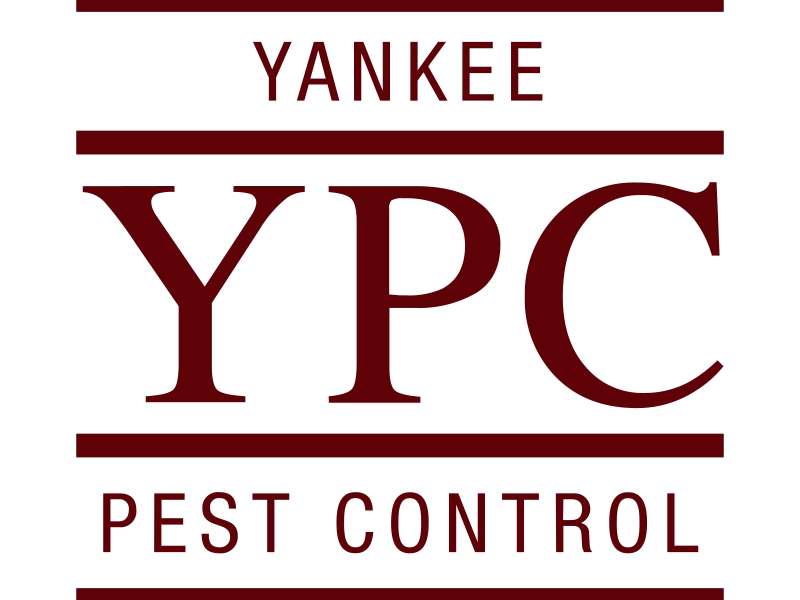How To Choose a Pest Control Company
There are a number of factors you can take into consideration when choosing the right pest control expertfor you. Factors you may consider include licensing and qualifications, treatment methods, years of experience, customer reviews, and cost.
Below, we dive into detail on each of these factors.
Does the company have a valid license and permits to perform pest control?
The United States Environmental Protection Agency (EPA) has set minimum standards of competency for pesticide applicators, but licensing is handled at the state level. All pesticide applicators and supervisors in Massachusetts must be licensed through the proper state regulatory agencies.
Is the company a member of any professional organizations?
One certification that pest control companies can earn is the GreenPro Service Certification, which requires that a company show that its practices are eco-friendly and that its employee training is up to date. Trade organizations such as QualityPro offer additional certifications. While not required, these can help show that a company is reputable.
A pest control company can also hold membership in professional organizations. Companies can obtain membership in the National Pest Management Association (NPMA), or state-level organizations. NPMA membership gives companies access to education, resources, and a network of other pest professionals. While not mandatory, membership in professional organizations helps demonstrate a company's reputability.
Professional Experience and Specialties
You can gain some insight into a pest control company's level of pest management experience by seeing how many years it has been in business. The company's website and local reviews can also inform you whether a certain company has the experience needed to deal with the specific species of pests that are afflicting your home. You can always reach out to a representative directly to learn this information if it is not available online.
Reviews and Recommendations
You can look for reviews and recommendations on social media or local review sites, verify a company's rating on the Better Business Bureau (BBB), or check the status of its license through the Massachusetts licensing board.
Cost of Services and Guarantees
Cost is probably high on your list of priorities when hiring someone for pest control. Cost can be influenced by your location, the size of your house, the type of pest being treated, and other factors.
Many companies offer free on-site estimates as part of their process, to help you determine whether it fits into your budget. You can also ask whether if your company has a satisfaction guarantee, meaning that it will continue to treat your pest problem until it is solved.
Safety and Treatment Methods
Your preferences regarding safety for yourself, any children or pets, and the environment can influence the provider and the treatment methods you choose.
Safety
It's important to understand the precautions around pesticides being used around your home, for the sake of your family, your pets, and yourself. Your pest control provider should be able to provide information about any pesticides they will be using, whether they are low toxicity or non-toxic, and (if not) what safety measures will be in place. All pesticides (except minimum-risk ones) need to be registered with the EPA.
Treatment Methods
Many companies have started offering options for more environmentally friendly methods of pest control before employing harsh pesticides.
One popular method for making pest control safer and more eco-friendly is Integrated Pest Management (IPM). The steps of IPM are as follows:
- Identify the source of the pest problem and determine whether immediate action is required.
- Determine the best and safest course of action.
- Use a combination of physical, cultural, biological, and mechanical controls to manage the pest problem.
- Use chemical controls only when required, and always in combination with other controls for effective long-term pest management.
- Assess the outcome and continue with additional pest control as needed.
















